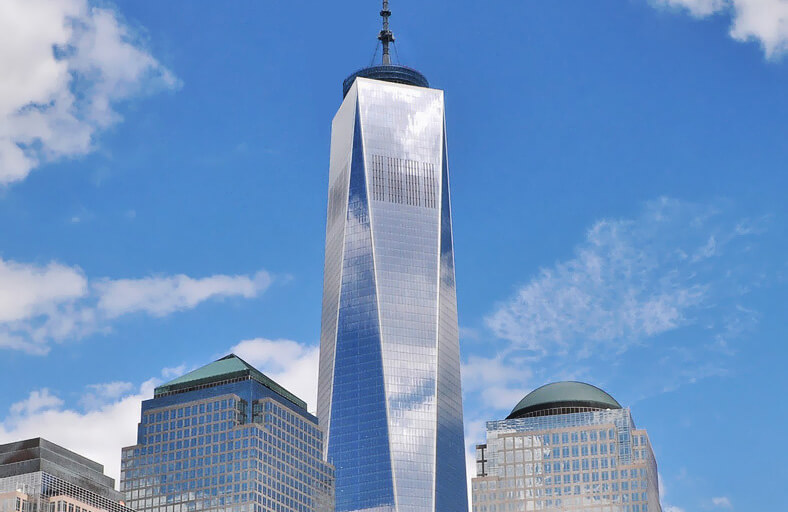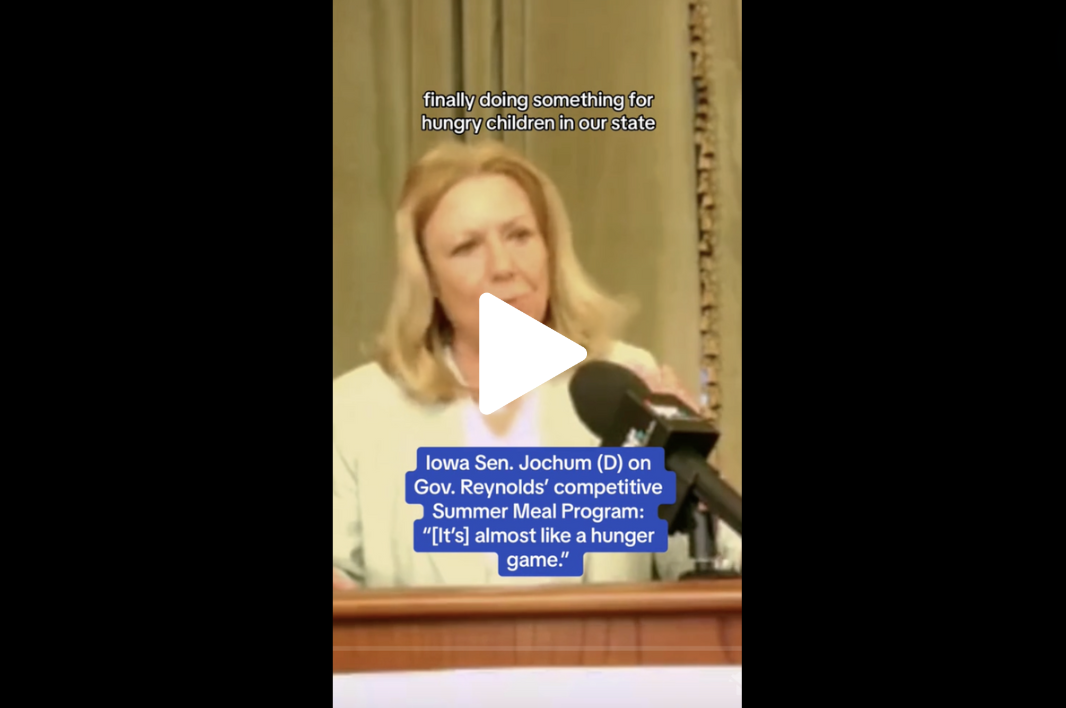
I’ve long been a glass-half-full guy, rather than someone who dwells on the glass being half empty.
It’s just a matter of perspective, I guess.
I credit this outlook to my parents. But regardless of its origins, it’s comforting when you focus on the good that is out there rather than the evil – especially these days when it might appear our world is ready to spin out of control.
My parents grew up during the Great Depression – not having a lot to start with and then having even less during those tough times – and that reality colored their attitude in important ways for the rest of their lives.
I am sure my parents knew of families that survived on far less than the Evans and Briggs families did during those Depression years, when people were losing their farms and their jobs and, for some, even hope.
When you know you have more than some other people – even when your “more” really is not a lot – you are still wrapped in gratitude.
That attitude helped my folks see the pluses when they experienced tough times or heartache.
It helped them cope during World War II when they were apart and wondered where Dad would be sent next.
The attitude helped in the years after World War II when three boys came along and paying the bills was a challenge with a city employee’s paycheck that never stretched very far.
But my parents’ attitude rubbed off on me, and for that I am grateful.
Last week’s 15th anniversary of the tragedy of 9/11 was a time to use that glass-half-full attitude again. Instead of being consumed by the hatred that led to that unforgettable and unfathomable day back in 2001, I chose to focus on the amazing examples of strength and bravery and hope occurring in the midst of so much sadness.
Stories like those of the 343 New York firefighters, from the chief himself to the department chaplain, who put aside their survival instincts and died helping people out of the World Trade Center buildings. I just smile when I hear of the “legacies,” the sons and daughters of some of the 343 who honored their parents by joining the fire department.
Or the stories of the passengers on United Airlines flight 93 who marshaled themselves into a formidable force in the skies over Pennsylvania and saved the White House or Capitol, the two suspected targets of the hijacked jet. By forcing the plane into the ground near Shanksville, Pa., the heroic passengers saved the lives of unknown numbers of people who would have perished a short time later in Washington.
Or the stories of the people of Gander, Newfoundland, and the nearby fishing villages where 7,000 airline passengers were stranded for up to five days while all commercial aviation in the United States was grounded after the attacks.
The 9,600 people of Gander and the villages rolled out the red carpet for their guests, feeding and housing them like family and providing a comforting shoulder to lean on.
Townspeople mourned with Dennis and Hannah O’Rourke, whose son, a New York City firefighter, was missing at the World Trade Center. The people took strangers into their homes to shower. They escorted the travelers to stores to buy clothes. Pharmacists came to the shelters and filled prescriptions to replace those tucked away in luggage on the planes.
And all of this was done without charge and with a polite but firm “no” when the travelers tried to pay the Canadians.
In an inspiring show of gratitude, the passengers on one flight established a scholarship fund for students graduating from the high school in the village of Lewisporte, where the travelers stayed in the school gymnasium. That fund now has about $2 million in it – even after scores of students have already been helped.
The attacks of 9/11 remind us how evil some people in this world can be. But I prefer to think of that awful day as a reminder of all of the goodness and generosity that fills the hearts of far more people than the terrorists represent.
Laura Louie, one of the Gander visitors on 9/11, explained it this way to a reporter: “For everyone else, 9/11 has a heavy connotation. But for me, it was when I was reminded what humanity is.”
And that is what the “glass half full” is all about.
by Randy Evans
Posted 9/21/16
Reprinted from the Bloomfield Democrat
Photo via Wikipedia, creative commons
Politics

Biden marks Earth Day by announcing $7 billion in solar grants
The Biden administration on Monday announced the recipients of its Solar For All Program, a $7 billion climate program that aims to lower energy...

6 terrifying things that could happen if the Comstock Act is used to target abortion
Does 1873 sound like a really, really long time ago? Well, that’s because it is—but if Republicans and far-right anti-abortion activists have their...
Local News

No more Kum & Go? New owner Maverik of Utah retiring famous brand
Will Kum & Go have come and gone by next year? One new report claims that's the plan by the store's new owners. The Iowa-based convenience store...

Here’s a recap of the biggest headlines Iowa celebs made In 2023
For these famous Iowans, 2023 was a year of controversy, career highlights, and full-circle moments. Here’s how 2023 went for the following Iowans:...




